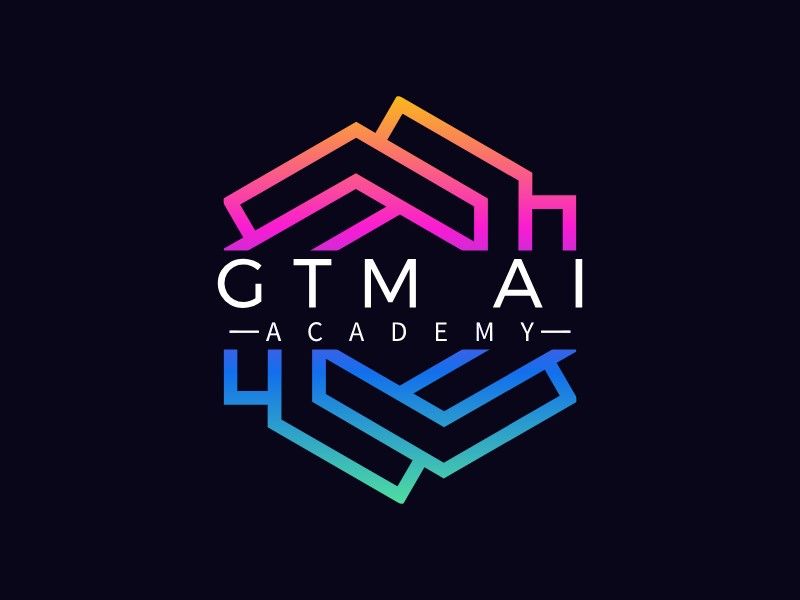In the rapidly evolving landscape of go-to-market (GTM) strategies, artificial intelligence (AI) is progressively redefining the norms and setting new benchmarks. From agents to organizational AI, the potential for transforming business processes with AI is immense. But what does this mean for GTM professionals, and how can they leverage AI to drive innovation and success?
The primary objective of GTM professionals today is to create an environment that fosters sharing, learning, and innovation without the traditional sales pitch interruptions. This community-driven goal is accompanied by insights drawn from the latest reports and data, which help steer organizations towards AI-driven success.
Recently, several critical developments have emerged in the AI arena:
OpenAI Dev Day Insights: Advancements in AI by leading firms like OpenAI reveal a future rich with chatbot, reasoning agents, and multi-agent processes. These are pivotal for automating key business operations, from CRM logging to sales follow-ups.
AI Agent Evolution: The journey from manually qualifying sales leads to employing AI agents represents a paradigm shift. AI agents can streamline processes by gathering and analyzing information, suggesting industry-relevant questions, and even logging CRM data, all while humans oversee and approve the final steps.
Organizational AI: Organizations are shifting towards a system where AI supports various departments, such as sales, finance, and marketing. This integration promises to reduce manual work and enrich the buying experience by letting AI handle some tasks previously managed by human teams.
To keep abreast of these changes, the examination of industry reports is critical:
Boston Consulting Group Report: This report emphasizes the gradual transition from augmented to autonomous AI systems, particularly in the sales process. It projects a future where AI could manage multifaceted tasks, potentially reducing the need for human intervention in simpler sales decisions.
Deloitte’s Board-Level Insights: According to Deloitte, AI discussions are increasingly common at the board level, highlighting a pressing need for board members to develop AI fluency. This signifies a strategic shift in industry focus towards AI governance and ethical considerations.
GAI Insights Framework: A strategic classification of industries based on their potential impact from AI adoption underpins critical areas for implementation, from software and professional services to more traditional sectors like real estate and home decor.
Despite the promising outlook, several challenges remain:
Change Management: Successful AI adoption pivots largely on change management rather than technological upgrades. Organizations must focus on enabling employees to adapt to AI-driven roles.
Data Privacy and Ethics: As AI's capabilities expand, safeguarding data privacy and adhering to ethical standards become top priorities for businesses.
Strategically, AI's integration into GTM strategies aids in driving productivity, enhancing customer experiences, and spurring product innovation. Businesses that mature their AI adoption are better positioned to lead markets just as they manage AI-related risks effectively.
Conclusion
As we look toward a future where AI plays a defining role in GTM strategies, it's crucial to remain adaptive, informed, and ready to embrace these technological advancements. The shift towards data-driven decisions is inevitable, making it essential for organizations to understand AI's implications fully and align their strategies accordingly.
